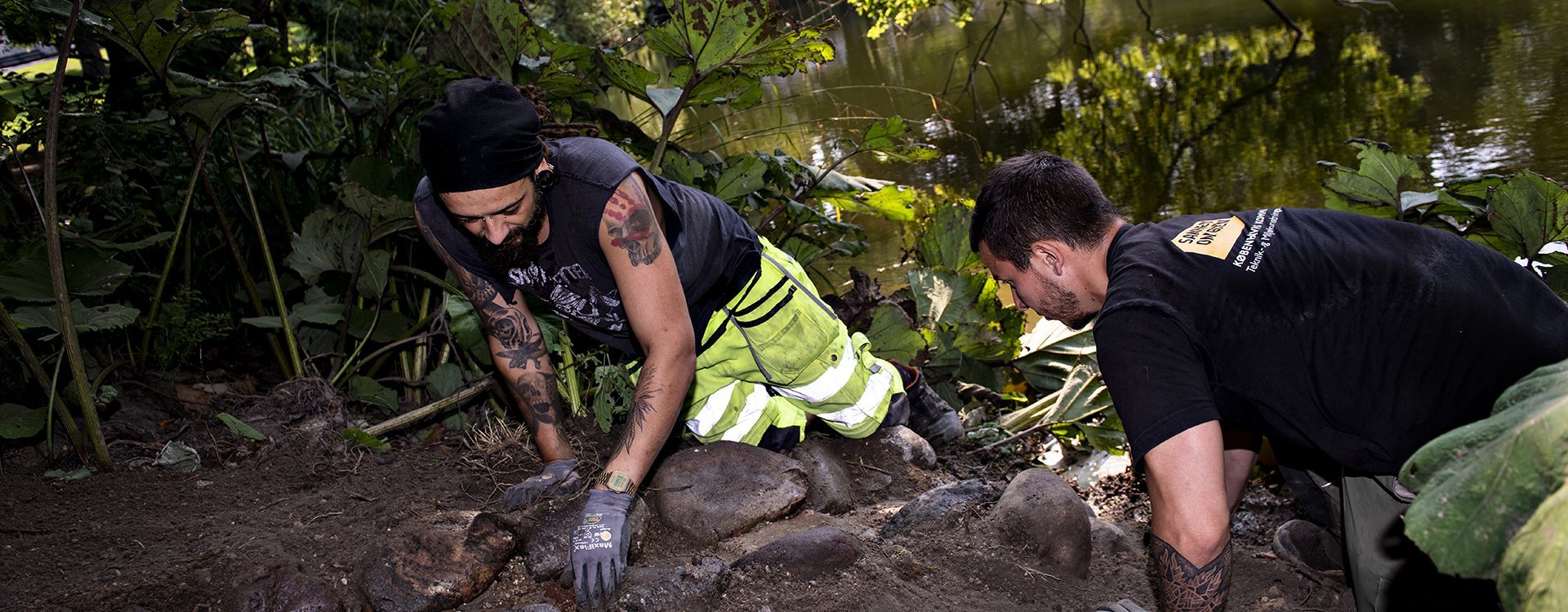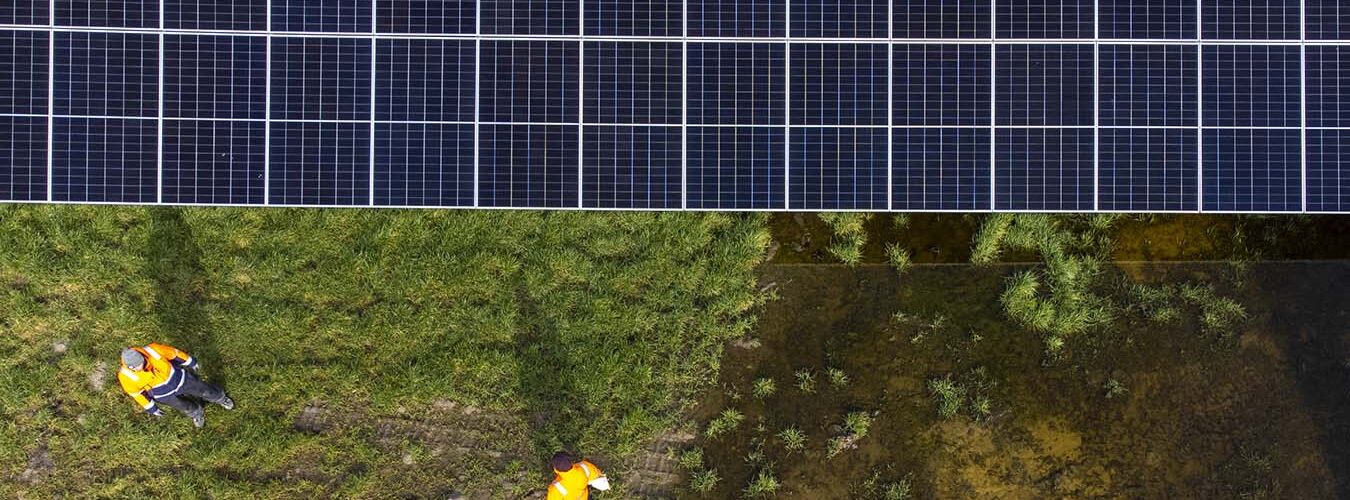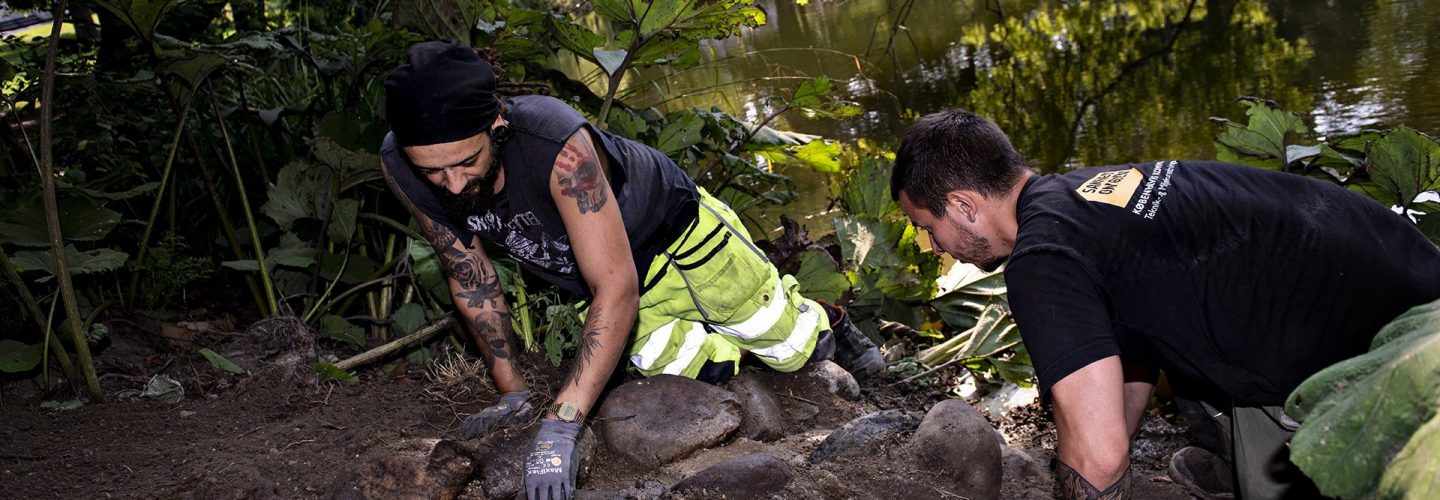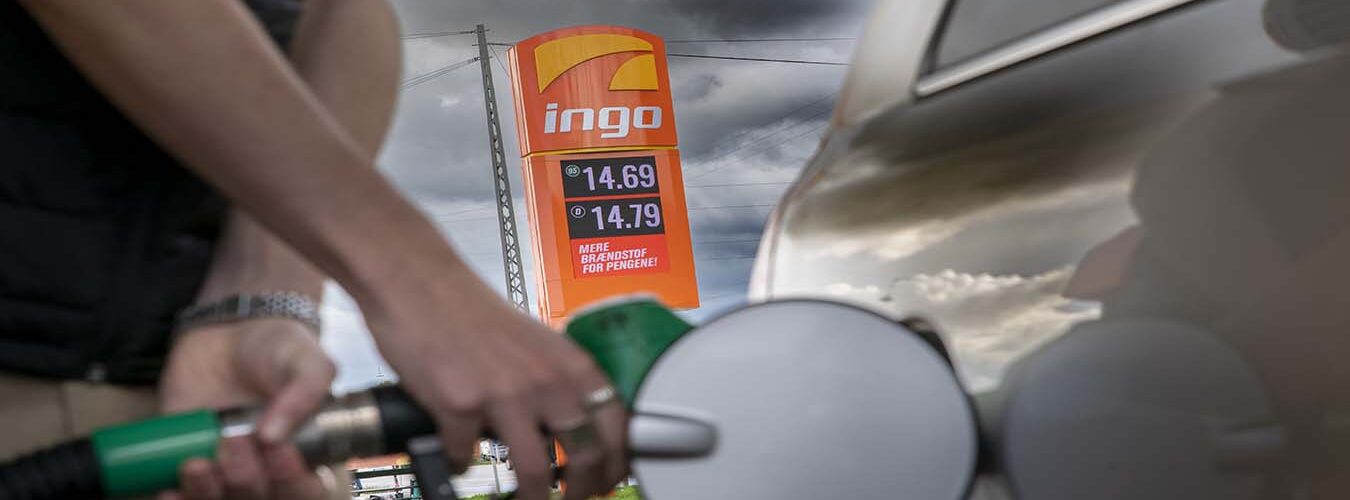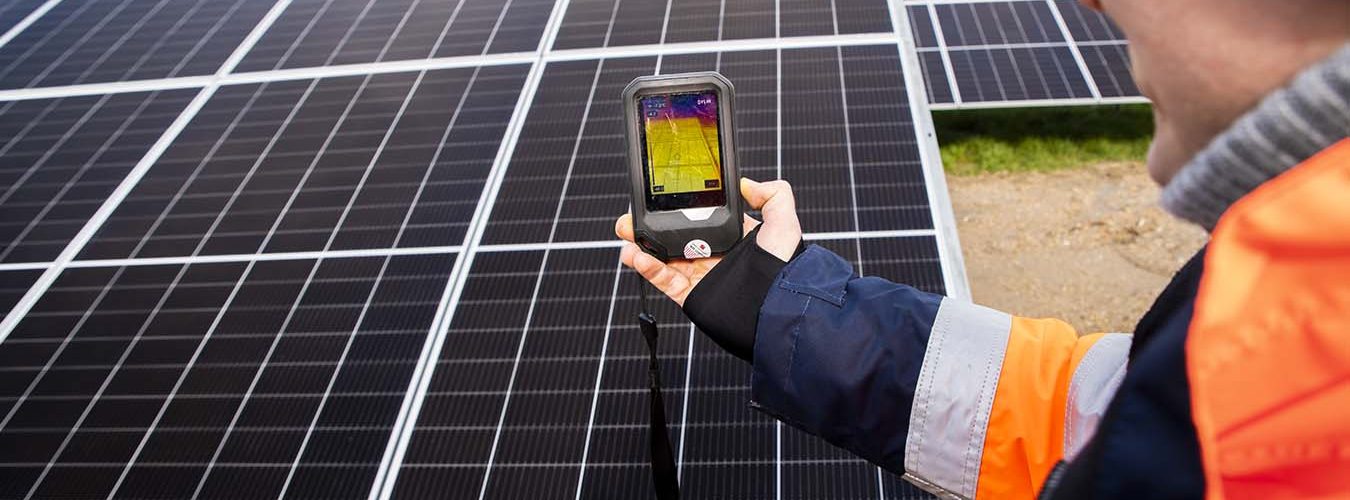The innovative skills of workers in the public sector is a fundamental resource in developing green solutions. An analysis from the National Centre for Public Sector Innovation (COI) shows how workers have played a key role for 92 percent of public innovations. Worker participation for the public sector could be done through implementing specific goals and action plans, energy working groups and idea competitions at the workplace.
The Collective Agreement
In February this year, KL and Forhandlingsfællesskabet entered a collective agreement on a range of topics regarding working life in the public sector. The collective agreement introduced a protocol on sustainability and the green transition.
The protocol above all, emphasizes the importance of municipal workers in contributing to the green transition, and therefore introduces initiatives that support their contributions. The parties agree on the workers’ abilities to carry out initiatives for the transition, as well as contributing with inputs and ideas from their everyday experiences.
Local Government Denmark (KL) is the interest organisation and association of the 98 Danish municipalities. KL’s mission is to safeguard the municipalities’ common interests, to assist them individually, and to ensure that local authorities are provided with the information they need.
Forhandlingsfællesskabet represents 565,000 of the workers in the 98 municipalities. Their aim is to secure that their member organizations have an influence on wage- and working- conditions for workers in the public sector.
The Workers’ Green Ideas
As suggested above, a great way of involving workers for the green transition is through “idea competitions” at the work place. In their protocol on the green transition, KL and Forhandlingsfællesskabet initiate a campaign that collects ideas and solutions from the workers in promoting sustainability and a green transition.
The aim of the campaign is to gather solutions from the workplaces as a way of exchanging best practices. The campaign should encourage local dialogue, and be a platform for the sharing of knowledge among public workplaces. Examples on contributions are better solutions for sorting or reusing waste, or education of climate ambassadors at schools.
In practice, the ideas collected through the campaign will be passed on via an app that is developed for this purpose.
The campaign is also supported by VPT.dk, who is going to share the cases and initiatives on their website and their social media platforms to spread the good examples. VPT (Viden på tværs) is run by KL and Forhandlingsfællesskabet, with the mission to spread awareness on objectives that are discussed at municipality level, as well as the projects between the two parties.
READ: Green Transition Together – Let’s Share Our Knowledge!
A number of selected ideas collected throughout the campaign will be presented and further discussed by the workers behind the ideas, together with a number of theorists on the green transition. The conference will end with the handing out of a sustainability price. The campaign and the conference will be financed by AUA-resources of 67,000 euros (500,00 kroner).
AUA-resources refers to “Avtale om udviklingsmæssige aktiviteter” – “Agreement on developmental activities”. These agreements aim to strengthen joint efforts and coordination of general development in terms of competence, transition, influence, and worker participation.
The Influence of the Public Sector
The state, regions and municipalities have the potentials to (a) set strategic direction in terms of visions and targets for specific sectors, (b) ensure coordination between different players through establishing partnerships, and (c) develop new markets by introducing regulations that create demands, as well as through tenders, investments and subsidies.
The sector is also in charge of critical infrastructure – electricity, district heating, data management and gas.
The public sector spends 50 billion euros (380 billion kroner) every year. In 2019, public procurements from the state, the regions and the municipalities led to GHG emissions at 12 million tons, where 4 of them were emitted in Denmark. Adjustments and sustainable choices for public procurements could therefore make a big difference in the face of sustainability.
FH – Danish Trade Union Confederation:
1.300.000
members
65
Organisations
89
Climate Policy Initiatives
For the transport sector, common carriers, airports and ports could be politically influenced to put the aim of carbon emission reduction on the agenda.
Through taking active political responsibility, the municipalities can also implement measures for the development of sustainable, long term solutions for energy production, as well as smart use of that energy – for instance through making LED the standard for public workplaces.
Involving the Workers
The municipalities are the country’s largest employer, and the public sector’s closest link to the citizens and the companies. They also know the local circumstances the best. Therefore, the municipalities carry a great influence in local communities, and for a large number of workers.
Through employer policies, the municipalities could affect the workers’ behavior in terms of among other things, reducing food spill, sorting waste, and their choice of transport and foodstuffs.
Workers affected by these policies could be teachers or nursery assistants introducing children to climate change and sustainability, or workers in public canteens having to incorporate more seasonal, locally produced goods, or meatless days.
Public canteens play an important role for sustainability.
The Ministry of Food, Agriculture and Fisheries of Denmark reports that about one fourth of our net climate footprint comes from our food consumption – both the food we eat and the food we waste. In Danish public kitchens, 800,000 meals are served every day. In that way, the foodstuffs used for public service and the way it is managed play a decisive role.
READ: Climate news in danish from FH
The Good Examples
We have already seen workers from the public sector initiate important measures towards sustainability. One example is the cleaning staff on airports cooperating to establish rules for idle running of planes when they are being cleaned, in order to save carbon emissions.
Another example is the managing of plastic packaging for tools that are used for medical operations. Scrub nurses in public hospitals have initiated the use of stationary compactors. In that way, both hard and soft plastic can be processed through the compactors, before it is sent off for recycling.
DOWNLOAD: FH proposal plan for 2030 on green transition
The collective agreement between KL and Forhandlingsfællesskabet is an important initiative for the workers’ participation for the green transition in the public sector. Through the campaign, workers get the opportunity to share their ideas and best practices, so that they can lead the great influence of the public sector in a greener direction.
Literature
KL (2021). Kommunerne tager klimalederskab. Retrieved from https://www.kl.dk/kommunale-opgaver/klima/kommunerne-tager-klimalederskab/
KL (2021). Aftale mellem KL og Forhandlinsgsfællesskabet om overenskomst- og aftalefornyelsen pr. 1 april 2021. Retrieved from https://www.kl.dk/media/26512/ok21-ff-kl-protokol.pdf
Regeringen (2020). Grønne indkøb for en grøn fremtid. Strategi for grønne offentlige indkøb. Retrieved from https://fm.dk/media/18268/groenne-indkoeb-for-en-groen-fremtid-strategi-for-groenne-offentlige-indkoeb_web.pdf

